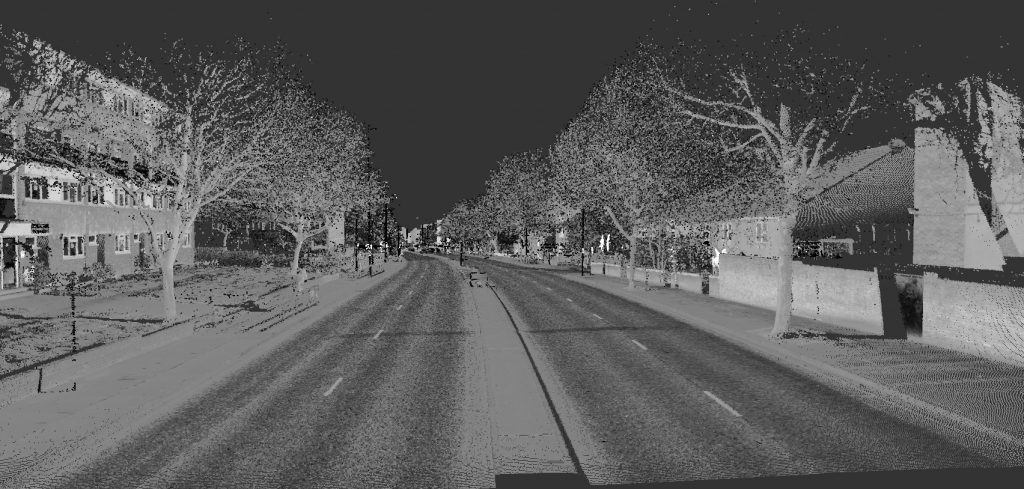UK-based driving simulation company rFpro has announced a partnership with London’s Smart Mobility Living Lab (SMLL) with the aim of developing an advanced digital twin of the latter’s urban testbed for connected and autonomous vehicles (CAVs).
The company explained that the new digital twin will capture all the elements of the test environment with unprecedented realism and enable vehicle manufacturers and technology suppliers to accelerate the development of CAVs.
It noted that accurate digital twin enable simulated tests to be carried out that correlate with real-world experiments, greatly increasing the rate at which testing is possible, and enabling customers to prepare more fully and effectively in advance of physical testing. Tests in the real-world environment can be used to validate the simulated tests, ensuring they are highly accurate and reliable.
“Digital twins help vehicle manufacturers to significantly accelerate the development of CAVs, saving time and cost, because virtual testing is so much more productive than physical testing,” explained Matt Daley, rFpro’s managing director.
“Testing in a virtual environment is the only cost-effective way to introduce self-learning systems to the limitless number of scenarios that can occur in the real world. Most AI systems learn by experience, but training using only real-road data is too slow.”
The routes within SMLL provide a comprehensive set of features representing most real-world urban situations found in London and the UK, including complex intersections, roundabouts (traffic circles), bus lanes and other shared mobility spaces for numerous vehicle types and road users.
“Simulation is a critical part of the vehicle development process and is key to getting CAVs on to our roads safely,” added Richard Cuerden, TRL Academy director. “The SMLL is already the world’s most advanced urban test facility for CAVs but we believe the addition of rFpro’s advanced digital twin will offer significant additional value to our customers.”


